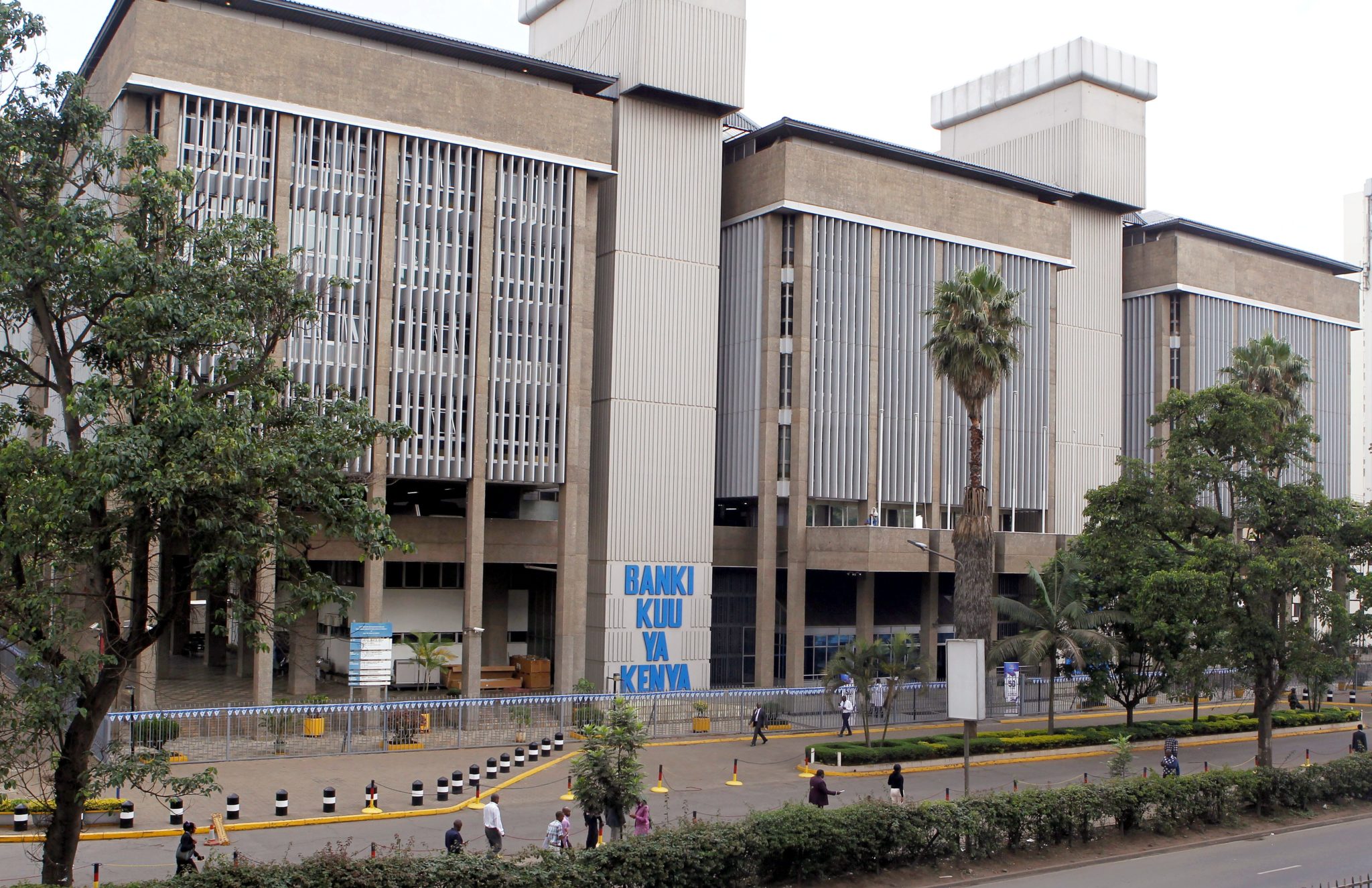

The Central Bank of Kenya (CBK) has extended operating hours for the Kenya Electronic Payment and Settlement System (KEPSS), the national real-time gross settlement (RTGS) platform.
Starting July 1, 2025, KEPSS will operate from 7 am to 7 pm on business days, excluding weekends and public holidays.
Previously, the system operated between 8:30 am and 4:30 pm, which limited early and late-day transactions.
KEPSS is used by the CBK to process large-value and time-critical payments in real time.
CBK said the decision followed consultations with system
participants and supports the goals of the National Payments Strategy
2022–2025.
“This strategic enhancement is aimed at improving the efficiency, accessibility, and resilience of Kenya’s payments ecosystem,” the monetary authority said in a statement on June 18, 2025.
The extended hours are intended to support large-value and urgent payments, facilitating the transition to a 24/7 digital economy.
“By enabling earlier initiation and later completion of large-value and time-sensitive payments, this move will support the country’s transition towards a 24/7 digital economy,” CBK said.
National Treasury Cabinet Secretary John Mbadi had, during his budget-reading on June 12, 2025, revealed that the KEPSS would be transitioning to 24/7 settlement capability from July 1.
CBK Governor Dr. Kamau Thugge said the new hours will help businesses and institutions manage payments more efficiently.
He added that longer operating hours would reduce settlement risks and improve cash flow management across sectors.
CBK believes the change will increase flexibility for cross-border transactions and enhance Kenya’s role as a regional financial hub.
The central bank also sees the extension as a step toward broader financial inclusion for individuals and small businesses.
CBK noted that the change aligns Kenya with global trends in modernising national payment systems.
It pledged to continue enhancing the national payments infrastructure to meet the evolving needs of the economy.
In October 2024, CBK migrated KEPSS to ISO 20022, an international standard for electronic data interchange in financial services.
At the time, CBK said the migration would deliver “significant benefits,” including faster settlement times, streamlined processing, and improved liquidity management.











